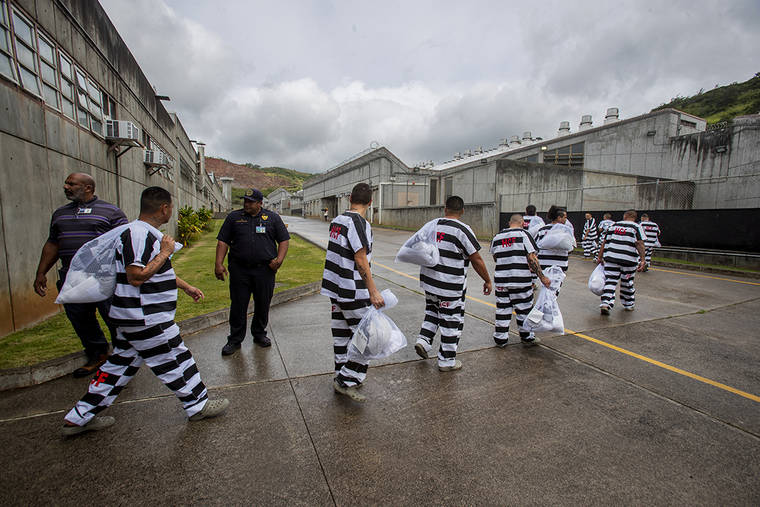
In Binschus v. Skagit County, the WA Supreme Court held a jail’s duty to supervise and control inmates during incarceration does not include a general duty to somehow prevent inmates from committing crimes after they are lawfully released from incarceration.
Isaac Zamora was incarcerated at Skagit County Jail for nonviolent crimes from April 4, 2008, until May 29, 2008, when he was transferred to Okanogan County Corrections Center. Zamora then served the rest of his sentence at Okanogan County Corrections Center and was released on August 2, 2008.
On September 2, 2008, Zamora had a psychotic episode and went on a shooting spree in Skagit County. He ultimately killed six people and injured several others.
Some of his victims and their families sued a number of parties, including Skagit County. The plaintiffs alleged that Skagit County failed to exercise ordinary and reasonable care while Zamora was incarcerated in Skagit County Jail several months prior to the shooting.
The trial judge granted summary judgment to Skagit County and ultimately dismissed the causes of action against the Skagit County jail. The Court of Appeals reversed. Ultimately, the case was appealed to the WA Supreme Court.
The Court reasoned that, as a general rule, people and institutions are not responsible for preventing a person from physically harming others. However, there is an exception when a special relation exists between the actor and the third person which imposes a duty upon the actor to control the third person’s conduct.
Although the “duty to control” relationship naturally extends between a jail and an inmate, the court clarified, when the relationship begins and when it ends:
“We did not previously, and do not today, expand it to a general duty to prevent a person from committing criminal acts in the future . . . The practical implications of imposing such a broad duty on jails are striking. By some estimates, the recidivism rate is well over 50 percent . . . Thus, one could argue that in almost any case, it is foreseeable that an inmate may commit another crime after release. Are jails civilly liable for those crimes if they failed to take adequate measures to prevent that foreseeable recidivism? Such an expansive interpretation is not supported . . .”
With that, the WA Supreme Court concluded that jails have a responsibility to control violent inmates while they are incarcerated, but they do not have a general duty to prevent such inmates from committing crimes after they are lawfully released from incarceration.
Please contact my office if you, a friend or family member are charged with a crime. Hiring an effective and competent defense attorney is the first and best step toward justice.






